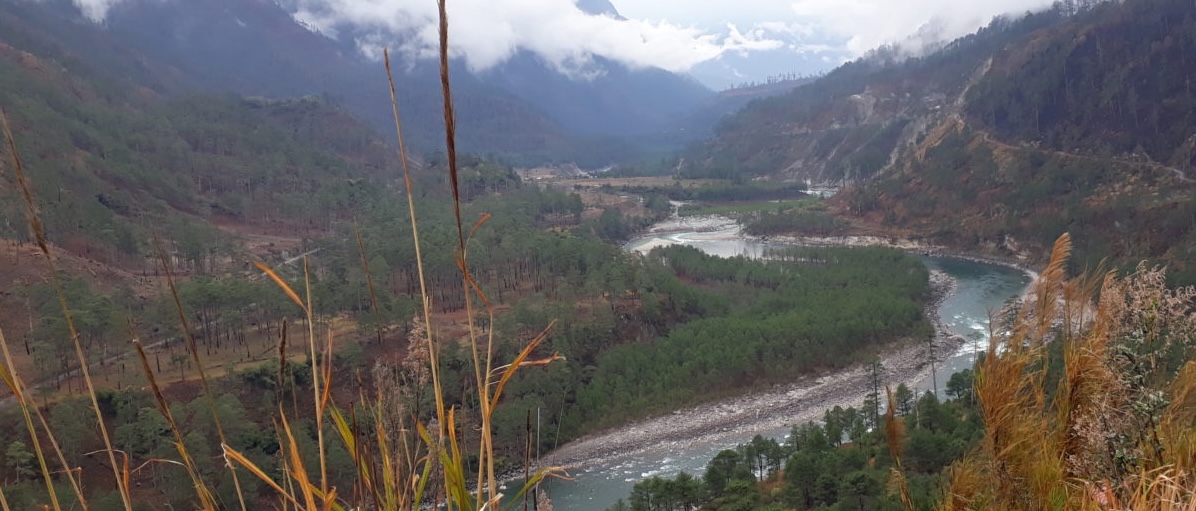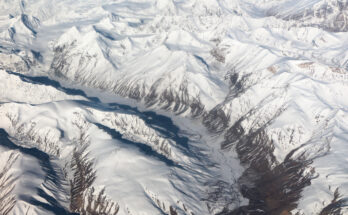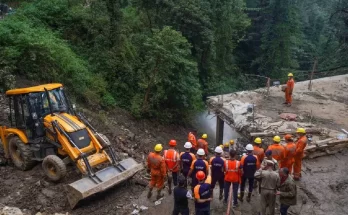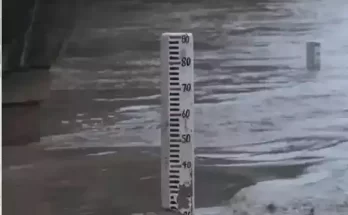World Meteorological Organization’s Covid-19 Task Team suggested further research about the role of weather and air quality factors in Covid-19 to prepare for future pandemics
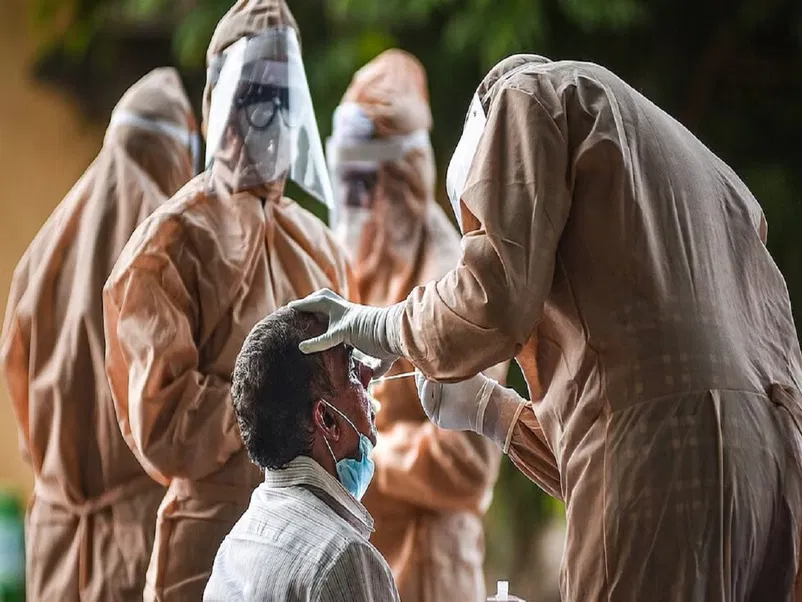
Representational image (Photo Credit: PTI)
The World Meteorological Organization (WMO) has indicated that the impact of air quality or humid weather on Covid-19 transmission is not primary.
The studies from the first two-and-a-half years of the pandemic have suggested that “there has been no evidence that certain weather conditions—e.g., warm and humid conditions—absolutely precludes transmission, as had been suggested by some commentators early in the pandemic,” the WMO said on Tuesday.
During the early days of the pandemic, there was a lot of speculation about the impact of high temperatures in summer, monsoon humidity, air pollution, etc. on the spread of the virus.
Now, the final report by the WMO’s Covid-19 Task Team indicates that the influence of meteorology and air quality on disease transmission has been secondary compared to the influence of non-pharmaceutical interventions, vaccination campaigns, changing immunity profiles, introduction of variants, and behavioural dynamics.
The final report updated the findings released in May 2022 regarding meteorological and air quality (MAQ) services for Covid-19 risk reduction and management.
The WMO Task Team said the findings suggest that associations between weather and Covid-19 incidence (via impact on transmission) and severe outcomes are “complex and likely non-linear”, even when the literature provided evidence for possible associations between temperature, humidity, and Covid-19 incidence, or for that matter, poor air quality and severe Covid-19 outcomes.
“Several analyses consolidated in this review suggest an association between exposure to pollutants affecting air quality and severe Covid19 outcomes. However, further studies are needed on this,” the Task Team said.
“Efforts from around the world to understand meteorology and air quality impacts on SARS-CoV-2 transmission and Covid-19 severity have yielded new approaches to data, new cross-disciplinary collaborations, and a broad appreciation of how difficult it is to disentangle risk factors during an ongoing pandemic,” said Task Team chair, Dr Ben Zaitchik, Department of Earth & Planetary Sciences, Johns Hopkins University, USA.
“The specific findings of these studies are complex and will continue to be examined in coming years. Notwithstanding the nuance of those results, it is clear that researchers and the public have learned a tremendous amount about how environmental data can and cannot be used when predicting the spread of a respiratory virus,” Dr Zaitchik added.
While meteorology and air quality factors may have been secondary to other influences in the initial part of the pandemic, it must be noted that the number of infections and deaths from Covid-19 was very large, such that even secondary factors can have a significant overall impact.
“For this reason, it is critical that researchers continue to study the role of MAQ factors in Covid-19 and the potential to apply such knowledge to pandemic preparedness and response,” the Task Team suggested and added, “Understanding the role of MAQ in transmission and outcomes of infection remains an important research endeavour to allow development of accurate forecasting and effective interventions.”
(This story first appeared on news9live.com on May 17, 2023 and can be read here.)
